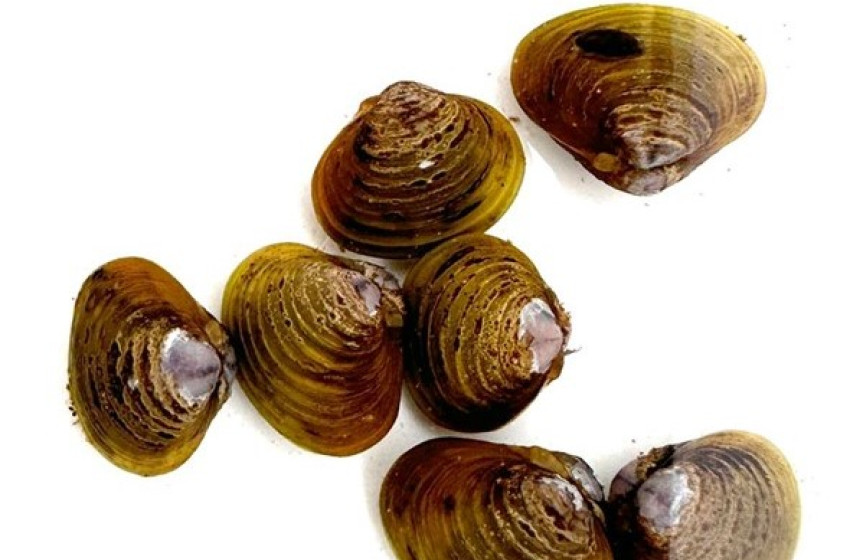Anglers disappointed at closure of popular Bay of Plenty fishing lake
- 28/09/2023

The decision to stop access to Lake Ōkataina near Rotorua, due to concerns about the potential spread of the invasive gold clam species, is a blow to anglers on the eve of the opening of the fishing season and raises questions over the response to the biosecurity incursion, says Fish & Game New Zealand.
The Ministry for Primary Industries (MPI) today announced it was issuing a ‘Controlled Area Notice’ (CAN) to close the lake for a month based on the biosecurity threat from gold clams, effective from the 1st of October.
Fish & Game New Zealand Chair Barrie Barnes says he understood concerns raised by Te Arawa Lakes Trust and Ngāti Tarāwhai.
“However, this controlled area notice is concerning because the Waikato River system and Lake Karapiro, where the clams were first confirmed, remain subject to minimal restrictions imposed by MPI. Since then, the clams have also spread to Lake Maraetai.
"We believe MPI and the Waikato Regional Council should have adopted more stringent measures at ground zero to prevent the spread of gold clams to other regions. Planning to carry out more surveillance measures in Rotorua waterways and planning trials to determine the feasibility of suppressing the clam population in the Waikato in November is closing the barn door after the horse has bolted!
“It is disappointing that MPI and the council have not allocated more resources to contain the gold clam issue at its source in the Waikato River. We feel that precautionary measures like installing wash stations at boat ramps should have been implemented as soon as the presence of gold clams was confirmed not months later.”
Biosecurity New Zealand’s Technical Advisory Group Report into the threat of gold clams identified internal ballast water in boats or the online trade of aquarium animals as possible ways the invasive species spread. Examples of vessels with ballast systems are some wake boats used for water skiing and wakeboarding. However, these activities have continued unrestricted.
Fish & Game has been at the forefront of promoting effective biosecurity practices at rivers and lakes nationwide, Barnes says.
“This includes the prohibition of felt-soled waders and advocacy for the 'check, clean, dry' approach for angling gear, which is also recommended to prevent the spread of gold clams."
“We ask our anglers, many of whom have fished the opening at Ōkataina for many years and is part of their family tradition, to enjoy the many other lakes that the region has to offer on Sunday. They can hopefully return for their traditional Ōkataina fishing at a second opening of the season when the CAN is lifted and appropriate measures are put in place.”
The Rotorua lakes attract between 120,000 and 150,000 angler days per season. Lake Ōkataina is recognised as one of the premier 'trophy' rainbow trout lakes within the Rotorua lakes fishery, offering a pristine fishing environment with high-quality trout. Fish & Game's National Angler Survey reveals that approximately 6,000 to 7,000 angler days are recorded at Lake Ōkataina each season.
With the fishing season opening on October 1, Fish & Game encourages anglers to continue adhering to sound biosecurity practices, which include inspecting, cleaning, and drying all equipment and promptly reporting any sightings of the clams to MPI.
The freshwater gold clam, originally from eastern Asia, was first identified along a segment of the Waikato River in May 2023. These clams reproduce rapidly, forming sizable populations that can obstruct water-related infrastructure, including electricity generation facilities, irrigation systems, and water treatment plants. As filter feeders, they have the potential to compete with native species for resources.